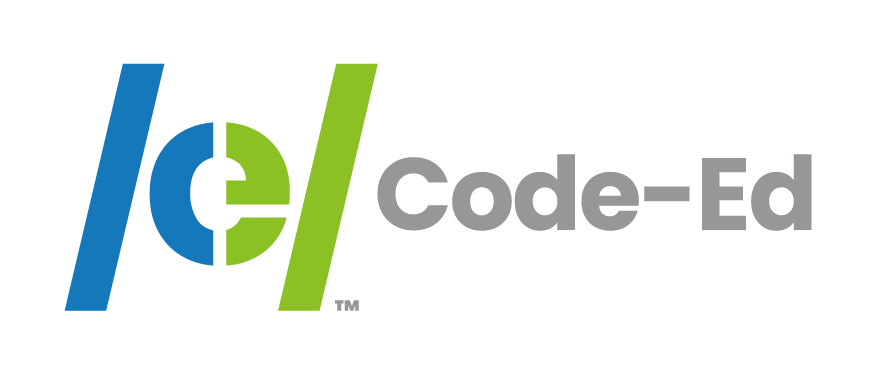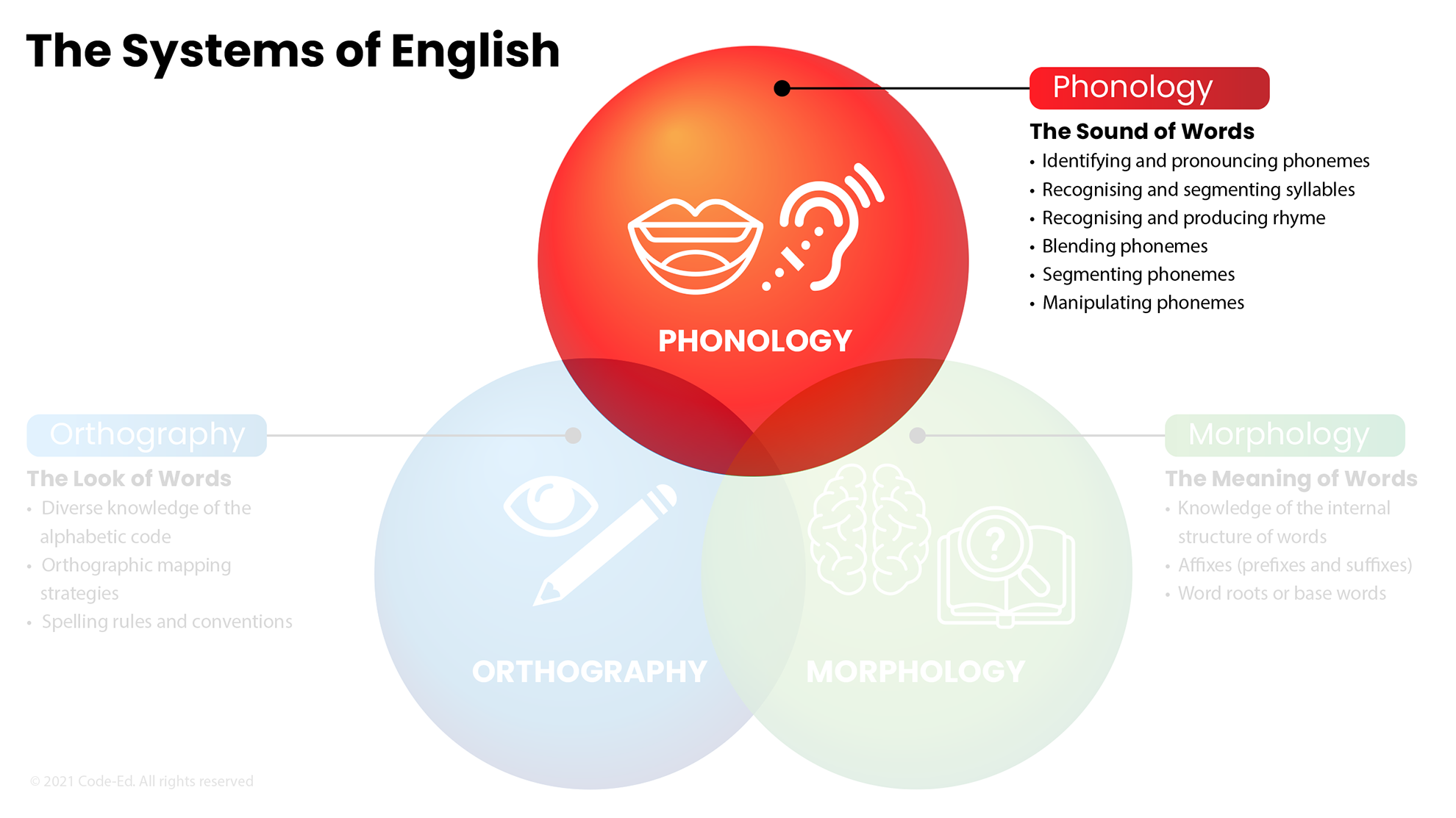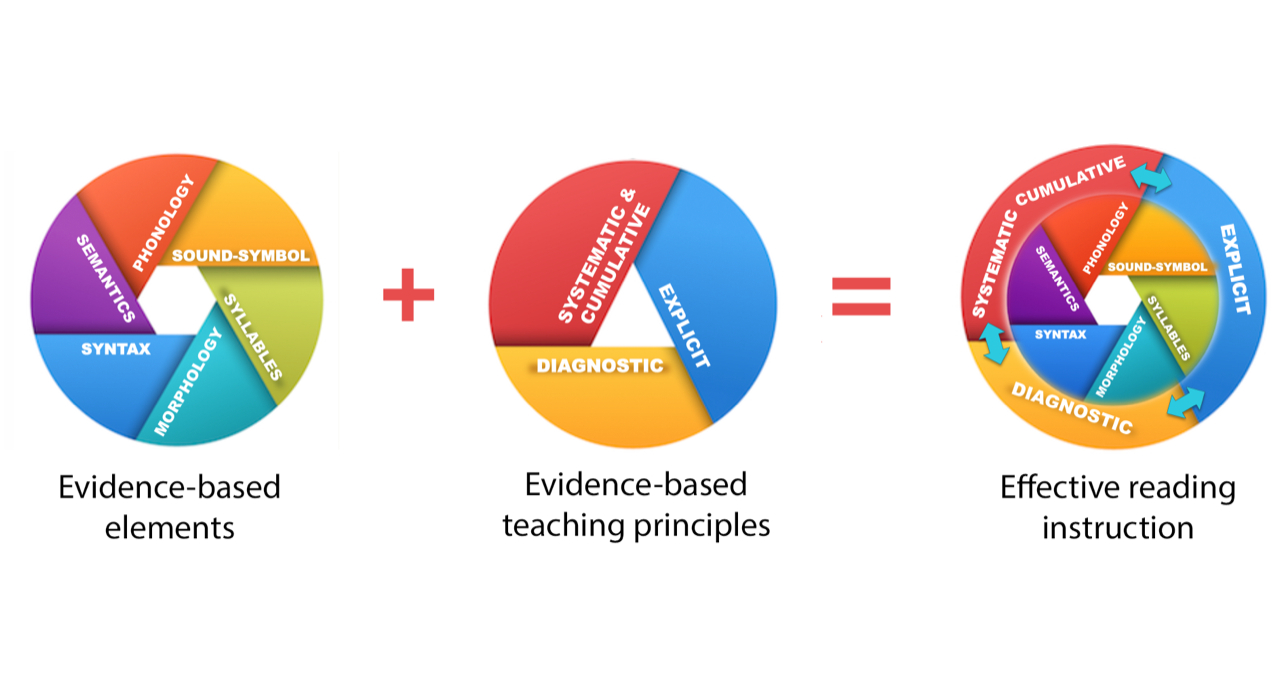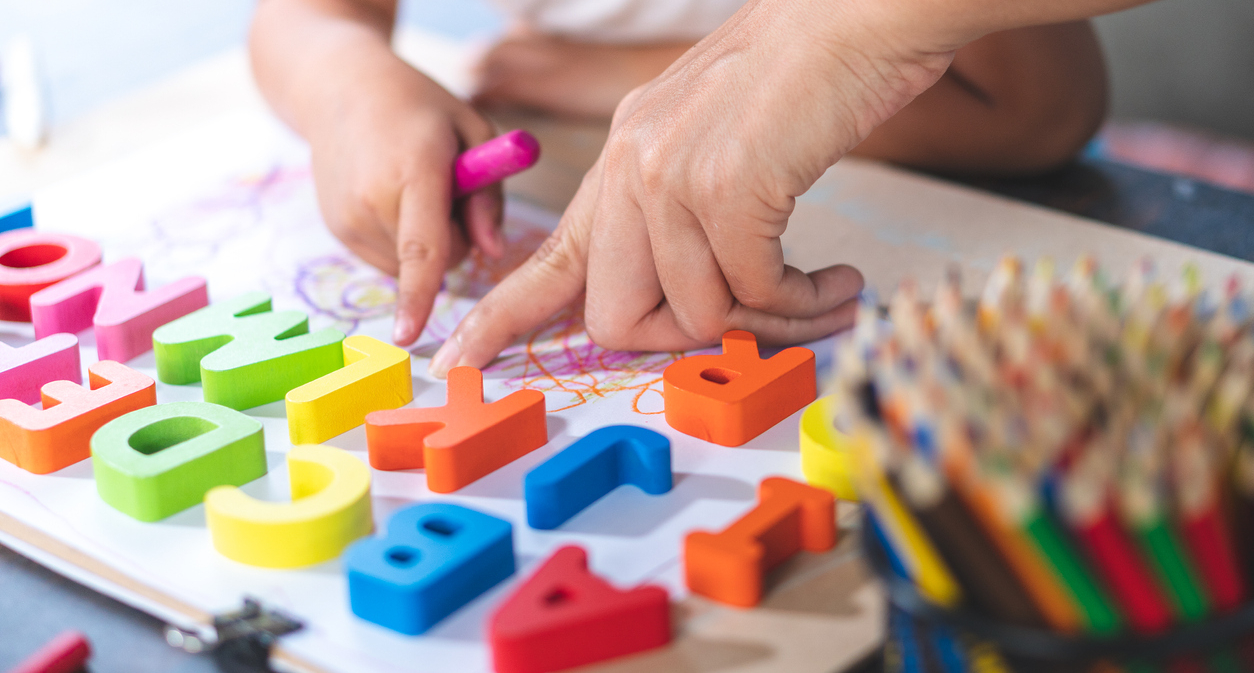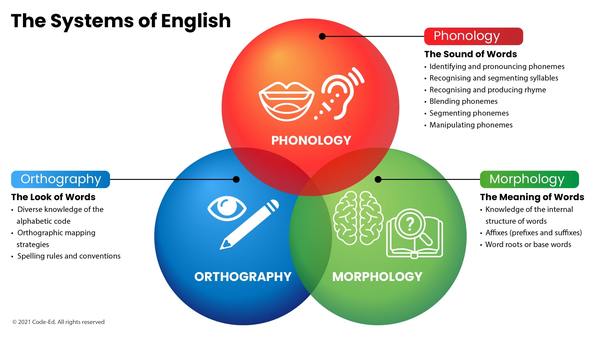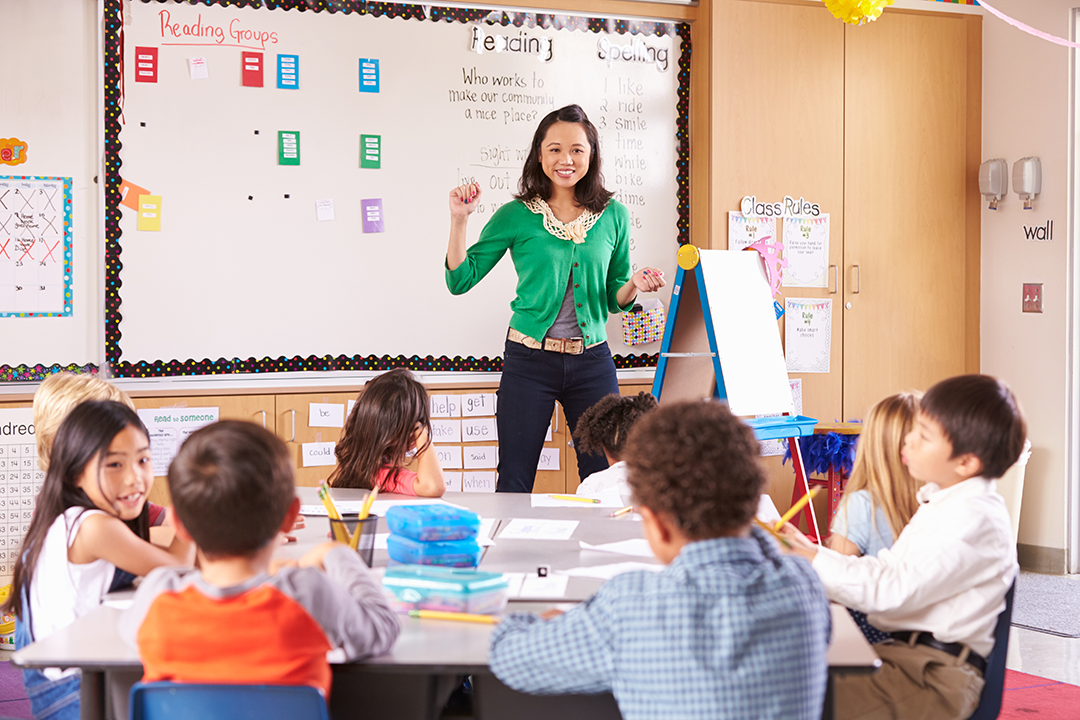From Reluctant Writers to Confident Communicators: A Sound Lesson That Changed Everything
Why Code-Ed's Tools Are the Best Structured Literacy Resources I've Seen
By Lauren Latimer, Director NLA Consulting
May 2025
As a literacy consultant, I've worked with many programmes, tools, and approaches. But when it comes to supporting every student to succeed, especially in structured literacy, I can confidently say that Code-Ed's resources are the best I've seen.
They are evidence-proven, and I've seen first-hand how they engage every student, from new entrants to Year 8. That kind of impact is rare — and worth celebrating.
High Engagement, Rich Oral Language, Real Results
Let's take The Code Is The Key as an example. What stands out immediately is the rich visual content that encourages students to talk, think, and make connections. The illustrations are packed with sounds, allowing for explicit teaching while sparking meaningful conversations.
Students aren't just passive participants — they're actively scanning, spotting, saying, and sharing. The oral language that emerges is powerful and inclusive. And it lays the foundation for deeper learning.
Teaching the /k/ Sound Across Year Levels
As part of my consultancy work at NLA Consulting, I recently modelled lessons across a full school, from new entrants all the way up to Year 8, using only Catch Up Your Code and The Code Is The Key.
One activity that truly stood out was a lesson with a Year 7/8 class on the /k/ sound. After a Catch Up Your Code session, we transitioned into a Sound Hunt activity using a card filled with images representing the /k/ sound.
The task? Students had to write a 100-word piece using as many /k/ words as possible. It had to be a meaningful piece of writing comprising simple, compound, or complex sentences.
What happened next was incredible.
From Reluctant Writers to 100-Word Champions
Students jumped into the challenge. Those who were typically reluctant writers partnered with peers to brainstorm and contribute orally. But as they gained confidence and interest, they quickly wanted to write their own 100-word challenge.
The classroom teacher was blown away. The quality of the writing, the motivation to complete the challenge, and the collaboration among students were unlike anything she'd seen in a long time.
Even days later, students connected what they learned in that lesson to other unprompted curriculum areas. They remembered the /k/ sound lesson. They were using it. That's what lasting learning looks like.
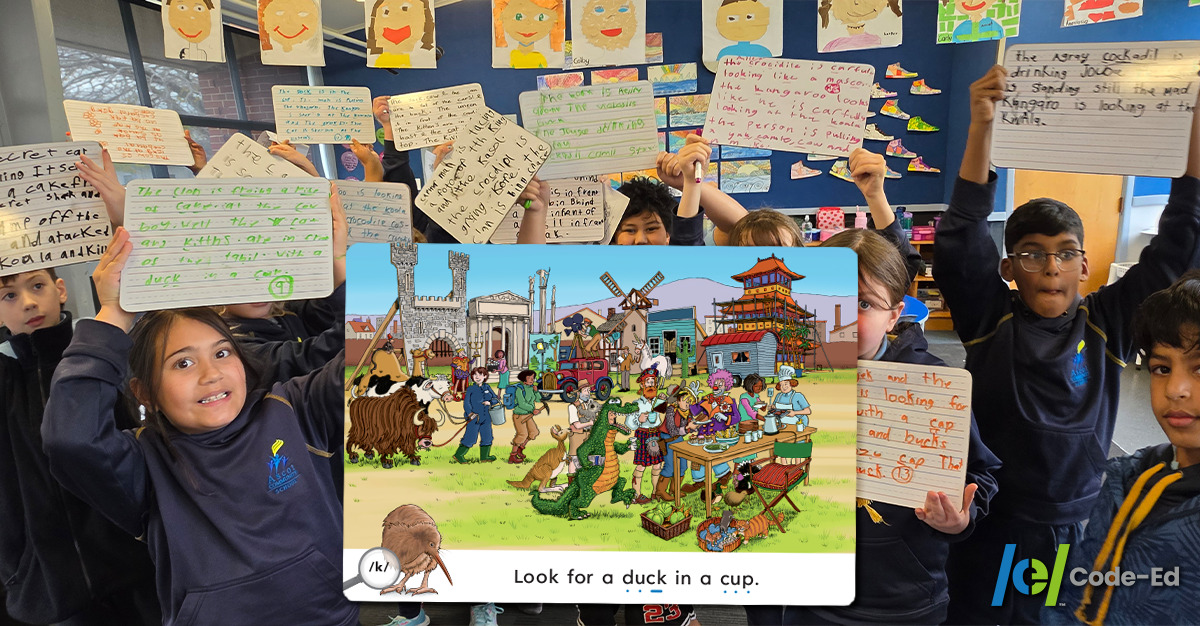
Why Code-Ed Works
Here's what makes Code-Ed's resources stand out:
Evidence-Proven: The approach is backed by the Shine Research Study and proven to work across diverse classrooms.
Student-Centred: The hands-on, visual, and adaptable activities ensure students at all levels engage.
Integrated Learning: Students carry their understanding into writing, oral language, and beyond.
Culturally Relevant: The content reflects students' worlds, helping them make personal connections.
Builds Equity: Code-Ed honours the language students bring to the classroom, allowing new learning to stick to what they already know and making it deeply meaningful.
Differentiated Learning: I seamlessly shifted between year levels, keeping the same learning intention while tailoring the activity, and within those year levels, all students were learning.
Final Thoughts
The most powerful thing I can share is this:
When students don't want to stop learning, you know you've found something special.
That's what I've experienced using The Code Is The Key and Catch Up Your Code from Code-Ed. Whether new to structured literacy or looking for tools to deepen your current practice, these resources deserve a place in your programme.
Want to see how they can work in your classroom?
Start with a single sound. Watch what happens. You will witness something remarkable.
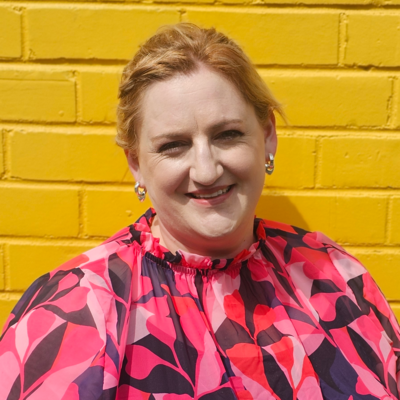
About the author
Lauren Latimer is a highly committed and experienced literacy and assessment consultant based in Otago, New Zealand. She is dedicated to developing and delivering quality professional learning and development (PLD) with and for educators to improve outcomes for all learners.
Lauren draws on current research and proven practice to build educator capability across schools and kura. She combines deep knowledge of structured literacy, assessment for learning, and responsive teaching to ensure every student becomes a confident reader and writer. Her work weaves together evidence-based approaches with rich classroom expertise, creating sustainable, school-wide change.
Focus areas:
- Literacy and assessment practice
- Sustainable, school-wide teaching approaches
- Responsive teaching strategies
- Intervention planning
- ECE - Year 10 | NZ Curriculum
